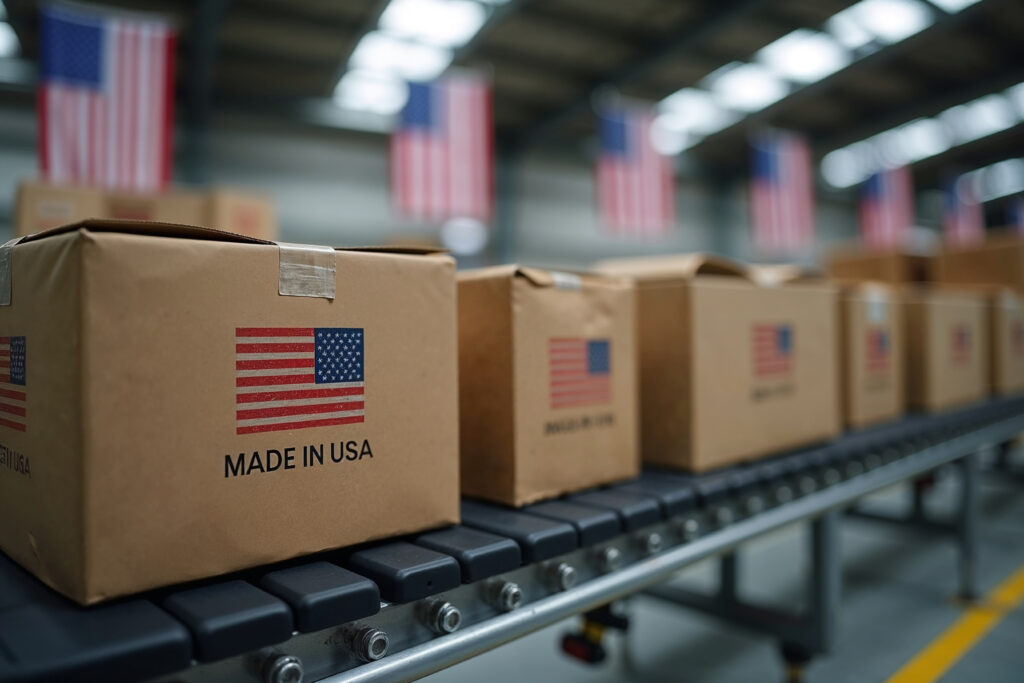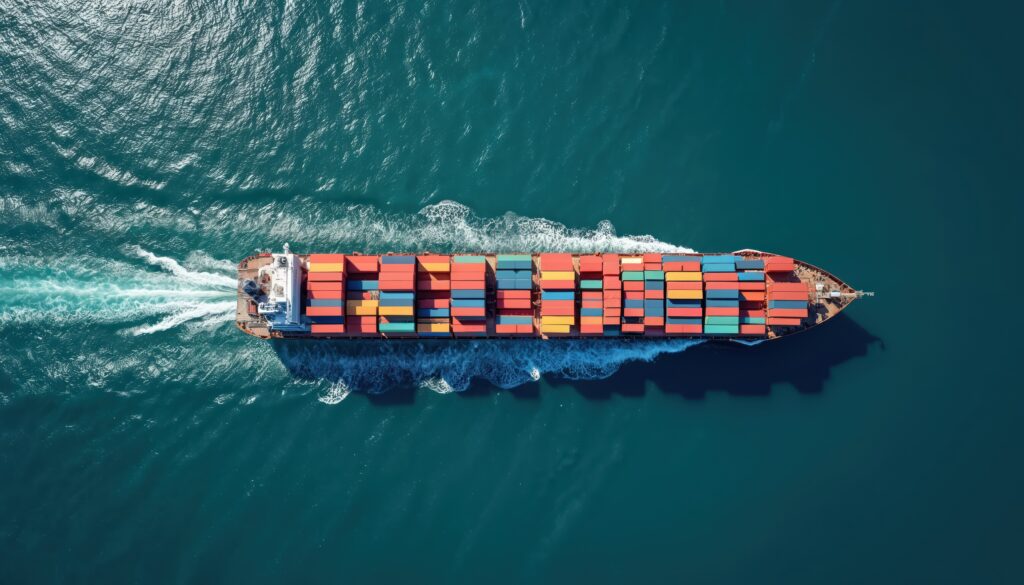Nearshore News: U.S.–China Talks Resume, Rare Earth Leverage, and Retailers Rethink Tariff Strategy

As U.S. and Chinese officials meet in London today for renewed trade negotiations, tensions remain high beneath the surface. China’s rare earth export controls are proving to be a powerful lever, shifting the dynamics in its favor as global supply chains scramble to adapt. Meanwhile, global retailers are adjusting their pricing strategies—not just in the U.S., but worldwide—in an effort to preserve demand and sidestep political fallout.
Nearshore News Summary:
- Trade talks between the U.S. and China will take place in London today, Monday, June 9 (CNBC)
- Beijing’s success in snarling supply chains with rare earths has shifted the balance of power in trade talks (Financial Times)
- Global companies like Birkenstock and Pandora are weighing small price increases across all markets—rather than sharply raising U.S. prices—to shield themselves from political backlash and preserve demand. (Reuters)
Trump announces U.S.-China trade talks in London
Published: June 8, 2025
Source: CNBC
President Trump announced that renewed U.S.-China trade talks will take place in London on Monday. The talks aim to address ongoing tensions in a trade war that has disrupted both economies, despite a temporary tariff truce reached last month in Geneva.
Key points:
- High-level trade talks set for Monday in London: Treasury Secretary Scott Bessent, Commerce Secretary Howard Lutnick, and U.S. Trade Representative Jamieson Greer will meet with Chinese Vice Premier He Lifeng for new trade negotiations.
- Talks follow phone call between Trump and Xi: The London meeting was scheduled shortly after a lengthy call between Trump and Chinese President Xi Jinping, signaling renewed diplomatic efforts amid rising trade tensions.
- Tensions persist despite tariff truce: While both nations temporarily lowered tariffs after talks in Geneva, disputes have flared again — including over rare earth exports, student visas, and semiconductor restrictions.
- China voices concerns over U.S. actions: Beijing has criticized U.S. measures such as visa revocations and chip industry warnings, arguing that these undermine the progress made in recent talks.
- Rare earth exports remain a sticking point: Trump accused China of failing to follow through on its Geneva commitments to export more rare earth minerals, while China insists its export controls comply with international standards and says it will accelerate license approvals.
China arms itself for more export control battles
Published: June 8, 2025
Source: Financial Times
Beijing’s strategic use of rare earth export controls has shifted the balance of power in its trade negotiations with the U.S. and EU. As approvals for critical mineral exports slow, China gains leverage in ongoing talks—demonstrating how its dominance in key materials can be used to pressure foreign governments and industries.
Key points:
- Rare earth controls give China leverage: By tightening export controls on rare earths and related magnets, China has gained negotiating power in trade talks, particularly as countries scramble to secure critical supplies.
- Talks resume amid mounting pressure: Vice Premier He Lifeng will meet U.S. officials in London this week, following signals from Beijing that it may speed up export license approvals after Trump and Xi’s recent call.
- Broader supply chain risks emerge: Analysts warn that China could expand controls to other strategic materials like titanium and magnesium, threatening a wider range of industries including EVs, semiconductors, and defense.
- Export licenses cause bottlenecks: Slow approvals have already left some companies with less than three months’ supply, triggering urgent diplomatic talks and raising concerns about transparency in China’s licensing process.
- Global response is growing: Western governments and businesses are accelerating efforts to build stockpiles and diversify supply chains, but experts caution that alternatives to China’s dominance will take years to develop.
Global retailers' tariff strategy risks spreading pain beyond US consumer
Published: May 20, 2025
Source: Reuters
To soften the impact of U.S. tariffs, global retailers like Birkenstock and Pandora are considering spreading price increases across multiple countries, rather than concentrating them in the U.S. While this may help preserve sales in their biggest market, it risks fueling inflation in places like Europe and the U.K., where price growth had recently stabilized.
Key points:
- Global Retailers Are Spreading Tariff Costs: Companies like Birkenstock and Pandora are weighing small price increases across all markets—rather than sharply raising U.S. prices—to shield themselves from political backlash and preserve demand.
- Price Increases Abroad Could Stoke Inflation: Central banks in the U.K. and EU are concerned this approach could fuel inflation even in countries with their own trade deals, as global brands apply flat price hikes regardless of local tariff exposure.
- Trump Criticizes U.S. Retailers for Passing on Costs: After Walmart indicated it would raise prices due to tariffs, Trump publicly urged the retailer to “eat the tariffs,” prompting others to seek less politically sensitive strategies.
- Some Retailers See Opportunity in Shifting Trade: Retailers like Takko Fashion are benefiting from falling prices from Chinese suppliers, as U.S. firms reduce orders—potentially creating a silver lining for European businesses.
- Economists Warn of Hidden Price Hikes: Experts caution that companies might exploit limited transparency around tariff rates to raise prices more than necessary, similar to patterns seen during COVID-related inflation spikes.
More blogs


